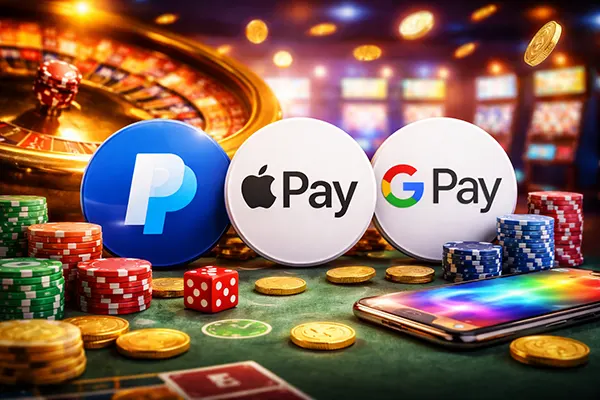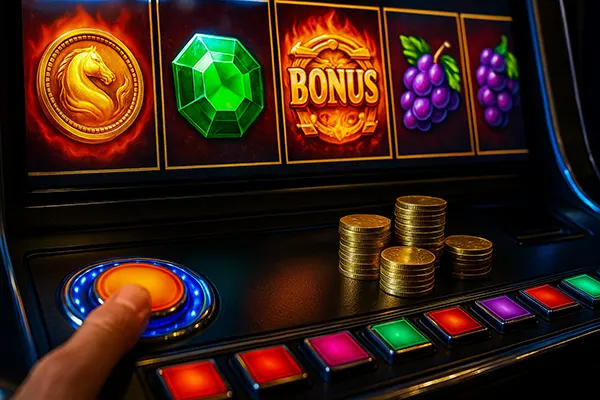
Online Poker Revolution: Advantages Over Traditional Play
Since the early 20th century, poker has held a special place in the hearts of card game enthusiasts. The thrill of reading opponents, strategically placing bets, and pulling off a well-timed bluff made poker rooms a central gathering point in many casinos. Fast forward to the digital age, and poker has successfully migrated online, offering a distinct set of advantages over its offline counterpart.
While traditional poker retains its charm and can never be fully replicated, online poker has carved its niche, revolutionizing the game for many. Let’s explore why online poker has gained an edge over the offline version for many players around the world.
Diverse Game Selection and Tournaments
Variety at Your Fingertips
One significant edge online poker has is the sheer variety of games available. Whether you’re a fan of Texas Hold’em, Omaha, or Seven-Card Stud, there’s something for everyone. No need to wait for your preferred table to open or travel to another casino. With online platforms, countless variations are just a click away.
Access to Global Tournaments
For those with a competitive spirit, online platforms frequently host tournaments. These can range from small local competitions to massive international events with substantial prizes. Not only does this save travel and accommodation costs, but it also allows players to face off against global competitors from the comfort of their homes.
Flexibility and Comfort
The freedom to play anytime, anywhere, is perhaps the most evident advantage of online poker. Whether it’s a quick game during a lunch break or a long session on a weekend, players aren’t bound by casino operating hours or location constraints. Moreover, the comfort of playing from one’s living room, favorite cafe, or even while traveling makes online poker incredibly convenient.
The pace of the game can also be faster online, as there are no physical cards to deal or chips to count. This means more hands per hour and a more dynamic experience for players who prefer rapid action.
Additionally, online platforms often offer features like multi-tabling, allowing seasoned players to play multiple games simultaneously, optimizing their time and increasing potential earnings.
Learning and Skill Development
Beginners can find the offline poker environment intimidating. The fear of making a wrong move, misreading a hand, or simply being under the scrutiny of seasoned players can be daunting. Online poker offers a more relaxed environment for novices. With free-to-play tables, newcomers can practice without the risk of losing money, honing their skills at their own pace.
Additionally, online platforms often provide valuable resources, tutorials, and even AI opponents designed to challenge and help players refine their strategies. This creates a conducive learning environment, allowing players to become adept faster.

Economic Advantages
Playing poker online can be more cost-effective than traditional poker. Consider the expenses saved on travel, food, and accommodation for those who would otherwise visit physical casinos. Furthermore, online platforms often offer bonuses, promotions, and loyalty rewards, which can significantly enhance the playing experience and provide better value for money.
Lower rake (the commission taken by the card room) in online poker games also means players can potentially earn more from their winnings compared to playing offline.
Conclusion: A New Era of Poker
The transition from offline to online hasn’t diminished poker’s essence; it has merely adapted it to the digital age. With the myriad of advantages offered by online platforms, it’s no surprise that many players now prefer the online realm.
However, it’s essential to remember that both versions of the game have their unique appeal. While online poker provides convenience, diversity, and an excellent platform for learning, offline poker offers the irreplaceable experience of face-to-face interaction and reading physical tells. Ultimately, the best choice comes down to individual preference and priorities.





